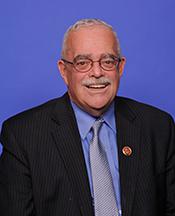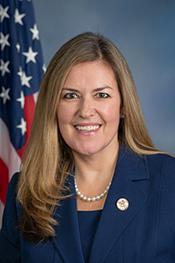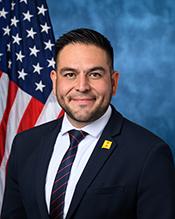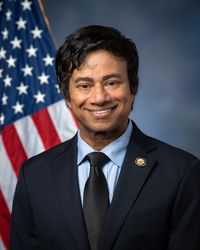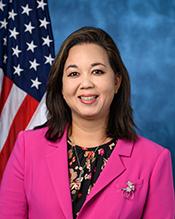0
Saving the Civil Service Act
3/14/2024, 4:05 AM
Summary of Bill HR 1002
The Saving the Civil Service Act includes several key provisions. One of the main goals of the bill is to prevent political interference in the hiring and firing of civil service employees. This is achieved by establishing clear guidelines and procedures for hiring and promoting civil servants based on merit and qualifications, rather than political connections.
Additionally, the bill seeks to strengthen whistleblower protections for civil service employees who report misconduct or abuse within their agencies. This is intended to encourage transparency and accountability within the government. Furthermore, the Saving the Civil Service Act includes measures to improve training and professional development opportunities for civil service employees. This is aimed at ensuring that government workers have the skills and knowledge necessary to effectively carry out their duties. Overall, the Saving the Civil Service Act is designed to uphold the principles of a non-partisan, professional civil service that serves the best interests of the American people. It is currently being debated in Congress, with supporters arguing that it is necessary to protect the integrity of the civil service system, while opponents raise concerns about potential bureaucratic inefficiencies.
Congressional Summary of HR 1002
Saving the Civil Service Act
This bill generally prohibits changes to the classification of positions in the competitive service and excepted service unless certain conditions are met. (Competitive service positions are subject to competitive examination; excepted service positions are not subject to competitive examination and are instead subject to the specific requirements applicable to the schedule in which they are placed, which depends on the nature of the position.)
Specifically, the bill prohibits executive agency positions in the competitive service from being placed in the excepted service, unless such positions are placed in the excepted service as in effect on September 30, 2020. The bill also prohibits positions in the excepted service from being placed in any schedule other than the aforementioned schedules.
Additionally, agencies may not (1) transfer occupied positions from the competitive or excepted service into Schedule C without the consent of the Office of Personnel Management, or (2) transfer employees in the excepted service to another schedule or transfer employees in the competitive service to the excepted service without employee consent.
On October 21, 2020, former President Donald Trump issued an executive order that placed executive agency positions that are of a confidential, policy-determining, policy-making, or policy-advocating character, and that are not normally subject to change as a result of a presidential transition, under a new schedule in the excepted service (Schedule F) instead of the competitive service. The order also required any such positions in the excepted service to be reclassified to Schedule F. The order was subsequently revoked by President Joe Biden.
